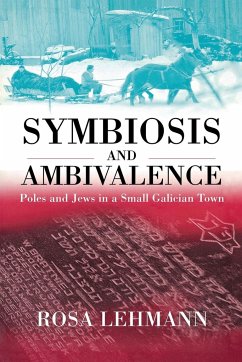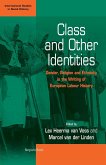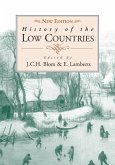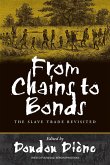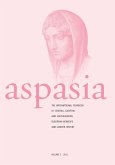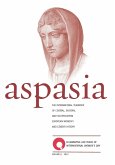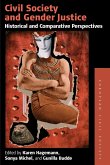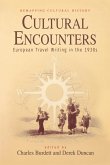"... a well-researched historical anthropological case study ... One of its major value has to doe with a successful integration of economic history into anthropological interpretation." · Focaal "This study gives a more nuanced picture of the stereotypical views of Polish attitudes towards Jews, which cannot be reduced to a simple form of anti-Semitism." · L'Homme In Poland and elsewhere there has been a noticeable increase of interest in various aspects of the Polish-Jewish past which can be explained, the author argues, in terms of a broader intellectual need to explore the "blank spots" of Poland's national history. This quest begins and ends with Polish anti-Semitism and the Shoah, during which most of Europe's Jews were annihilated on Polish soil, but also focuses on the events of 1946-1968, the years of pogroms, anti-Semitic campaigns, and mass emigration of the Jews from Poland. All these became main issues of public reflection in Poland after a silence for almost forty years and led to the widespread view that Polish-Jewish relations are irredeemably poisoned by anti-Semitism. If this is the case, how is it possible then, the author asks, that Jews still play an important role in the cultural expressions and the consciousness of the Polish people? To find an answer, she explored Polish-Jewish relations in a small Galacian town from the early 19th century to the end of World War II. Detailed analysis of archival materials as well as interviews with Polish inhabitants of this town and Jewish survivors living elsewhere reveal a pattern of Polish-Jewish interdependence that has led to a far more complex picture than is generally assumed. Rosa Lehmann studied Polish-Jewish and Polish-Ukranian relations as a research fellow at the Amsterdam School for Social Science Research (University of Amsterdam) and is currently carrying out research on twentieth-century Dutch Jewry at the Menasseh Ben Israel Institute in Amsterdam.

